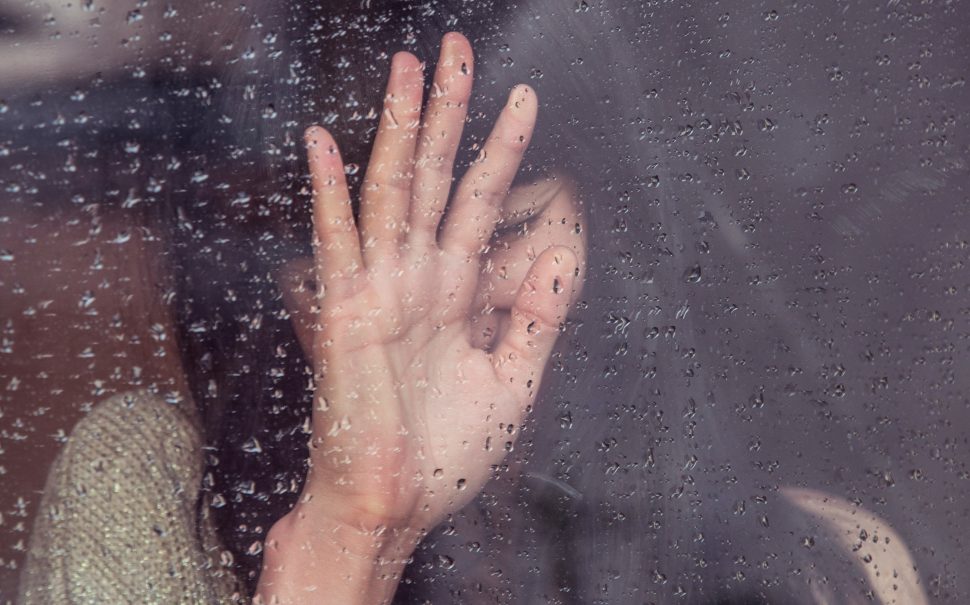After the Christmas tree comes down and there’s no more mulled wine to warm up the winter nights, the month-long festive hangover known as ‘January’ is one that requires more than paracetamol and a red bull.
‘January blues’ is a term that’s been thrown around to explain every symptom of this phenomenon; low motivation, lethargy, depression – but for some sufferers of Seasonal Affective Disorder (SAD), the winter can have a serious effect for their mental health.
What is Seasonal Affective Disorder?
SAD is a psychiatric syndrome that can cause a persistent low mood in people and alter their sleep patterns, appetite, and energy levels.
A reduction in daylight hours during the winter months is believed to be the main cause of the condition because of the effect daylight has on our circadian rythms, with a reduction of natural light exposure resulting in lower levels of seratonin and melatonin in the body, which regulate our mood and sleep cycle.
According to Healthwatch, one in twenty people in the UK suffer with the condition, with men more likely to be diagnosed than women.
For people like Kerri Moore, a 46-year-old woman from Liverpool, these symptoms can become unbearable and form somewhat of a new year dread.
Having suffered with depression for what Kerri describes as ‘always’, she only recently became self aware of the seasonal aspect of her condition following a diagnosis of ADHD and autism.
“I think because obviously in December there might be something to look forward to, it might fuel you but in January I think i just am gripped by this depression that just takes a hold of me,” she told me.
“In the winter i feel like, just low motivation, no energy, just considerably impacted by the change in season.
“I think less daylight hours impacts me and i just lose that motivation and struggle with my mood, everything really.”

Kerri pointed to how being Neurodiverse has become a catalyst for the condition, with significant links being found between the condition and neurodivergence.
She said: “The statistics show that people with autism are more likely to suffer in the winter months just because of the changes, the daylight hours, the weather, the temperature, all those stimulants that neurodivergent people are effected by”
How can it be treated?
The cure? Kerri suggests that a combination of exercise, socialising and keeping a routine can help ease her symptoms, stating that her worst habit in the colder months is ‘self hibernation’.
These sentiments are echoed by professionals in the field, with Dr Jeff Foster, an NHS and private GP, underlining the importance of a healthy routine for combatting SAD.
The mental health specialist suggests that the best way to do this is by “fighting the urge to stay up in the evening” and allowing the body to get enough sleep, as well as exercising daily when possible, with as little as 10 to 15 minutes of exercise outside being ideal.
He said: “Force yourself to socialise: when it’s dark out lots of us want to sit on the couch and wrap up warm but actually being sociable is a really good way of removing symptoms of depression.
“Plan something positive for the future, book a holiday somewhere warm and focus on this as a driver, and if in doubt see your doctor, there are effective medications out there that can help.”
Therapy lamps can also be useful for people experiencing SAD, as the light boxes mimic natural daylight to improve symptoms.




